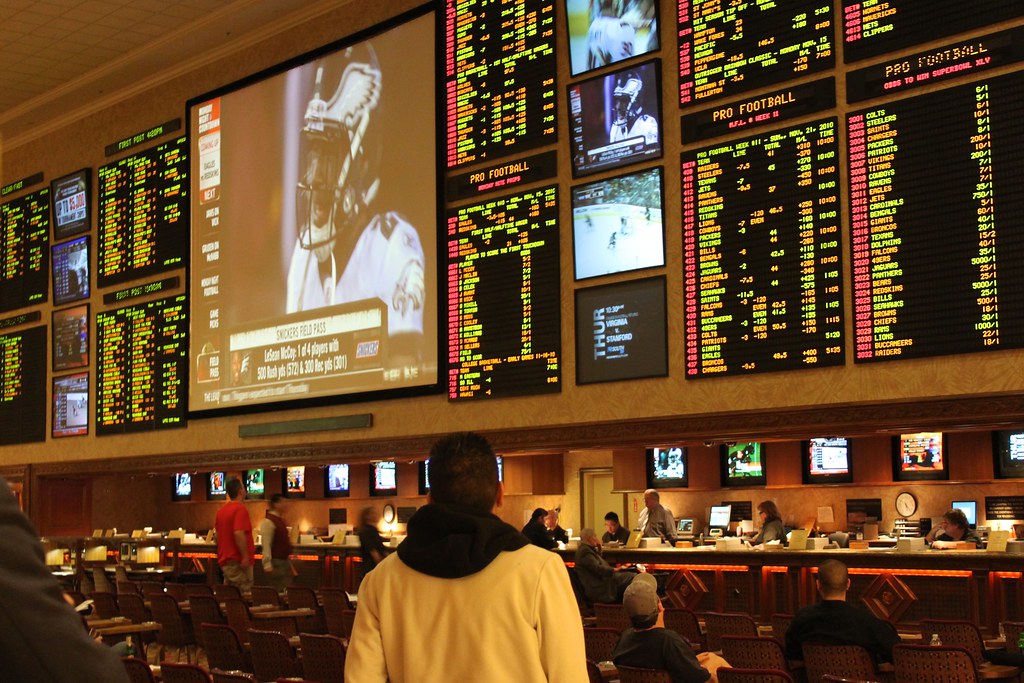Minimum Wage: A Bewildering and Complex Reality
December 30, 2013
Alex Brown*, a Walmart employee, currently lives in an apartment that he shares with his wife and their roommate. He is an out-of-work PC technician laboring for about ten dollars an hour, which is $2.60 above the minimum wage. Even so, “I often find at the end of the month, that I’m left with very little for food,” Brown said. The three roommates combine their incomes in order make the payments on their two cars. Despite that, Brown said, “we still barely get by.”
At $7.40, the minimum wage in Michigan is fifteen cents higher than the federal minimum wage. While many people request that it be raised, they are also hesitant because they believe the common misconception that if the wage was increased, the price of goods and services would grow also. University of Michigan professor of economics, John DiNardo, explained why the belief that these things are directly related is false. “Labor markets [are] not like the markets for products or goods or services,” he said. “When they raise the wages, one of the things that happens is that turnover often falls, and that way the firm doesn’t actually lose any money per se, because even though they’re paying workers a higher amount of money, they spend a lot less money trying to train new workers.” Since the company does not experience a decreased profit, they do not raise the price of their goods or services.
It is hard to tell if the minimum wage will have a positive effect on poor people in America. During a story on The Diane Rehm Show, the president of the American Action Forum, Douglas Holtz-Eakin, said that only two percent of all workers are actually paid minimum wage. His argument states that a substantial amount of people would not rise out of poverty, even if the wage was raised. Also on the show, Holtz-Eakin said, “Let’s suppose we do a fifteen dollar wage in McDonald’s. Who goes to McDonald’s? Well, not a bunch of millionaires, I promise you. So we’re going to raise prices at McDonald’s and take the money from poor people and put it in the pockets of other poor people.” Hence, even if the minimum wage was raised, it might not make a large impact among the poor people in the U.S.
The group that wants the minimum wage to be increased includes the minimum wage workers themselves, and those who believe that it will benefit the economy and its people. The persons who are in charge of, or invested in big companies want to keep the wage where it is. “If you are successful in raising the minimum wage, a large chunk of money that would go to wealthy shareholders essentially gets transferred to low wage workers,” DiNardo explained.
Setting the minimum wage is solely a political process. Generally, republicans do not support raising the minimum wage, but democrats do, and this is makes it difficult to change. The differing views surrounding the wage also causes it to be set differently across the fifty states. According to the U.S. Department of Labor, there are five states without any minimum wage laws; twenty-two states’ minimum wage is the same as the federal; nineteen states have a higher wage than the federal; and four states have a minimum wage that is less than the federal. The state of Washington has the highest minimum wage in the country at $9.19 per hour.
Stores that typically hire their workers at minimum wage are sometimes lenient about changing a person’s hourly pay, depending on the circumstances. “Everyone starts at minimum wage unless they request an experienced credit,” Kenyatta Appleton, the store manager of a Kroger in Ann Arbor, said. This shows that there is hope for people out there who have a background in a similar field. This was the case with Brown. “I have previous experience with other jobs that I’ve worked. Otherwise I would have been hired probably at $7.40 with everyone else,” he said.
It seems that raising the minimum wage does not solve all problems that pertain to low-income people. It is often believed that if the minimum wage was raised, it would shrink the large wage gap between the poor and rich. This is partially true, but it is not the only factor that is causing the wage gap to be so massive. DiNardo clarified,“If you had to pick three things [that make the wage gap large], I would say the first one is the minimum wage, because that has a direct effect on the wage gap, [the second would be] the decline of labor unions generally because workers don’t have the right to bargain collectively anymore, and so a lot of the employers don’t have to pay them as much. And third would be the political power of labor unions is also declined substantially.”
*Name has been changed










